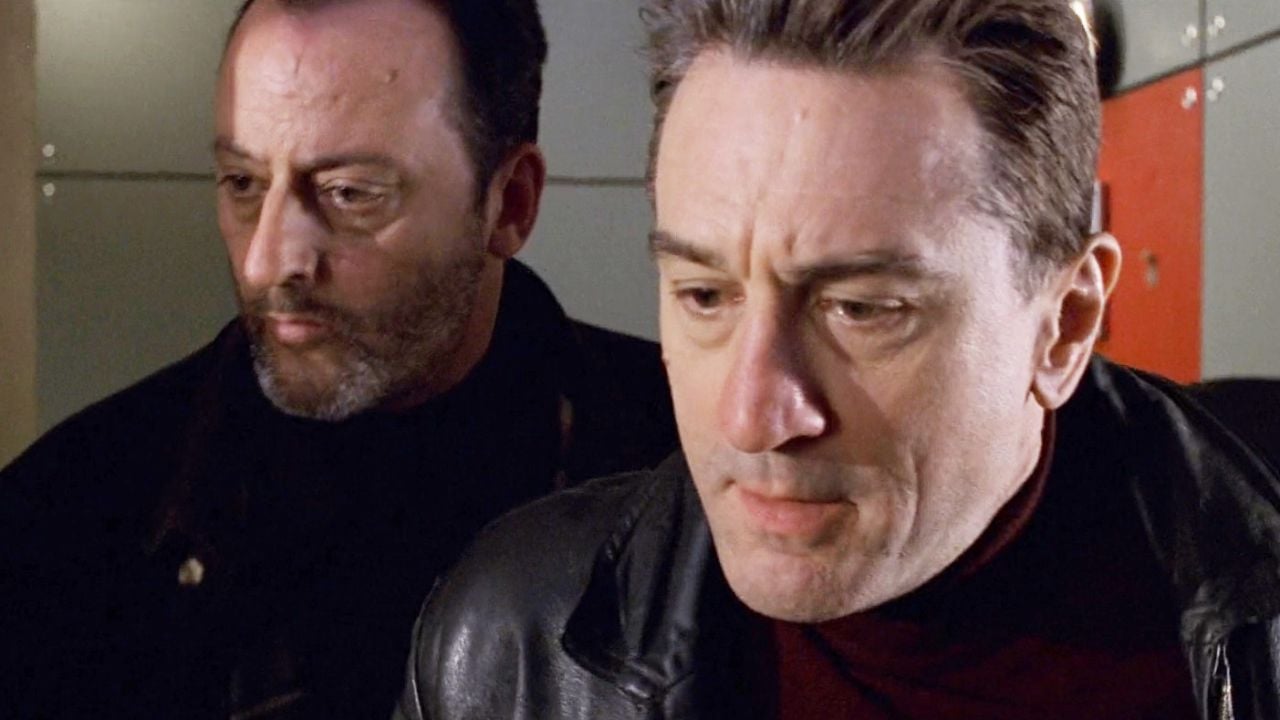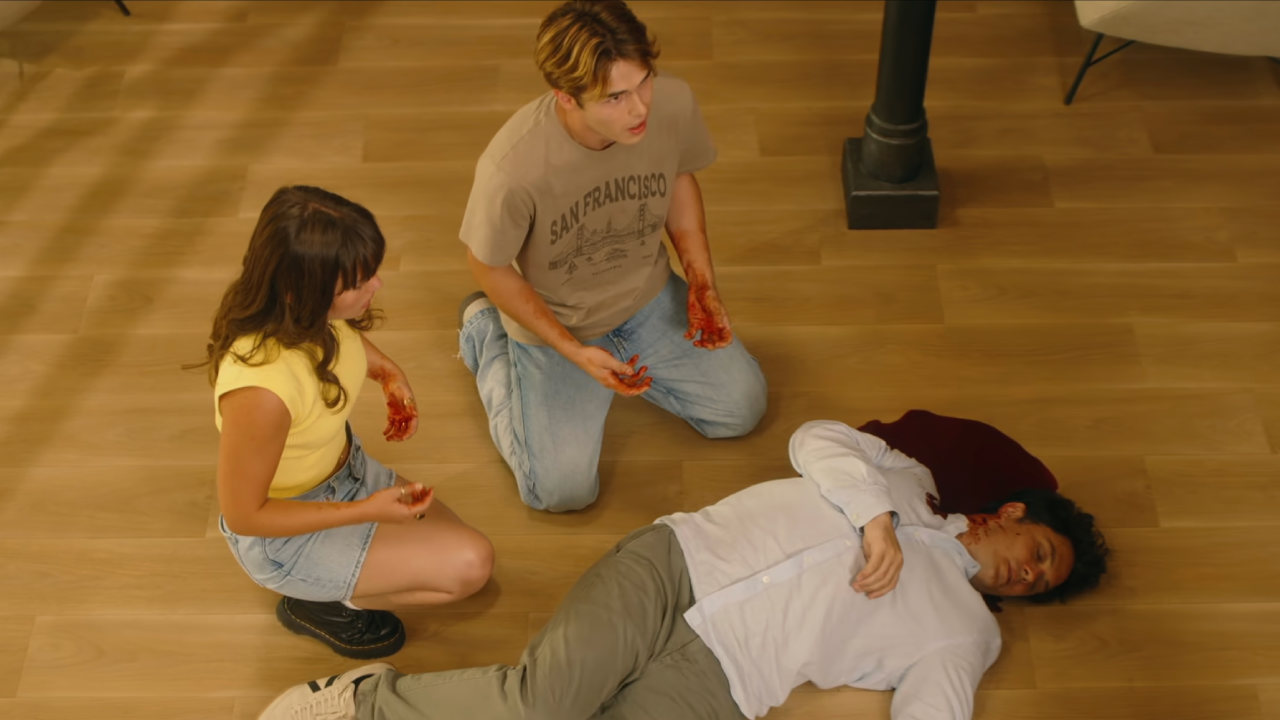The specialist highlights multidisciplinary and intensive therapy to reduce the consequences of the disease
A cerebrovascular accident (CVA) occurs when a clogging of the vessels which carry blood to the brain. The disease causes paralysis of the affected area of the brain, resulting in various disabilities. In this sense, the consequences of the disease directly affect the patient’s independence, impacting his quality of life.
Therefore, the stroke recovery process requires a number of intensive care and multidisciplinary approaches. This dynamic aims to establish a greater autonomy and provide quality of life to individuals. Therefore, the application of specialized treatments is essential to accelerate the rehabilitation process, reducing damage.
Cerebrovascular disease (CVA) neurologist at Revitare Transition Hospital, Dr. Vanessa Hachiman, explains that recovery can be difficult. This is because it requires numerous individualized treatments in order to promote the patient’s rehabilitation.
«Each case must be analyzed uniquely, taking into account factors such as age, type and severity of the stroke, in addition to pre-existing health conditions. With adequate support it is possible to achieve significant improvements in the quality of life, even in more complicated situations”, explains the professional.
The importance of a multidisciplinary approach in recovering from a stroke
In order for this recovery process to be as effective as possible, it is essential to adopt a multidisciplinary approach. The joint work of professionals such as speech therapists, physiotherapists and occupational therapists aims to promote neurofunctional rehabilitation.
In this way it is possible to help the patient to do so resume homework motor, cognitive and communicative. “By working as a team and in an integrated manner, these specialists increase the chances of a successful recovery,” explains the specialist.
It also requires the recovery process psychological support. Therefore, the patient is able to cope with the emotional, social and family impacts resulting from the stroke. “We encourage family members and healthcare workers to support each other in difficult times, because just like us in the multidisciplinary team, they too are part of the patient care network,” concludes the neurologist.
While each recovery journey is unique, continued treatment is essential to stimulate neuroplasticity, helping the brain compensate for loss of function. Based on the patient’s commitment, the family’s support and the work of the healthcare team, it becomes possible to seek autonomy and better quality of life even after a stroke.
Source: Terra
Ben Stock is a lifestyle journalist and author at Gossipify. He writes about topics such as health, wellness, travel, food and home decor. He provides practical advice and inspiration to improve well-being, keeps readers up to date with latest lifestyle news and trends, known for his engaging writing style, in-depth analysis and unique perspectives.








